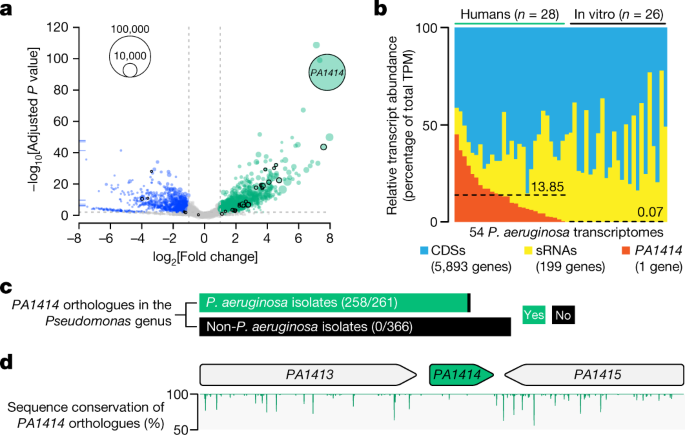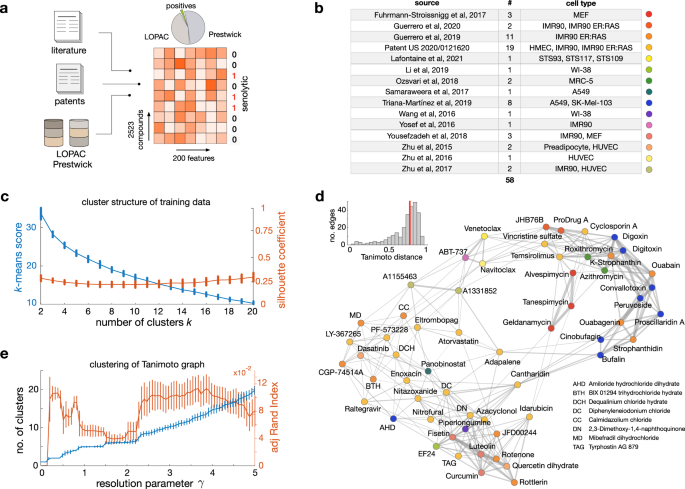2023-06-14 ジョージア工科大学
◆ジョージア工科大学の研究者は、慢性と急性のP. aeruginosa感染の間の主要なメカニズムを特定しました。人間の組織サンプルで細菌の遺伝子発現を測定することにより、研究者はこの遷移のための生物マーカーを特定しました。これにより、命にかかわる急性感染の将来的な治療法の開発に役立つ可能性があります。
◆研究結果によれば、低酸素状態がこの遷移を引き起こす主要な要因であり、特定の遺伝子(PA1414)が関与していることがわかりました。この研究は、慢性感染が急性化するメカニズムに関する長年の疑問に答えを提供し、P. aeruginosa感染に関連するこの特定の分子的な振る舞いをターゲットにした治療法の開発の可能性を示唆しています。
<関連情報>
- https://research.gatech.edu/scientists-discover-small-rna-regulates-bacterial-infection
- https://www.nature.com/articles/s41586-023-06111-7
緑膿菌の小分子RNAが慢性感染と急性感染を制御していることが判明 A Pseudomonas aeruginosa small RNA regulates chronic and acute infection
Pengbo Cao,Derek Fleming,Dina A. Moustafa,Stephen K. Dolan,Kayla H. Szymanik,Whitni K. Redman,Anayancy Ramos,Frances L. Diggle,Christopher S. Sullivan,Joanna B. Goldberg,Kendra P. Rumbaugh & Marvin Whiteley
Nature Published:24 May 2023
DOI:https://doi.org/10.1038/s41586-023-06111-7

Abstract
The ability to switch between different lifestyles allows bacterial pathogens to thrive in diverse ecological niches1,2. However, a molecular understanding of their lifestyle changes within the human host is lacking. Here, by directly examining bacterial gene expression in human-derived samples, we discover a gene that orchestrates the transition between chronic and acute infection in the opportunistic pathogen Pseudomonas aeruginosa. The expression level of this gene, here named sicX, is the highest of the P. aeruginosa genes expressed in human chronic wound and cystic fibrosis infections, but it is expressed at extremely low levels during standard laboratory growth. We show that sicX encodes a small RNA that is strongly induced by low-oxygen conditions and post-transcriptionally regulates anaerobic ubiquinone biosynthesis. Deletion of sicX causes P. aeruginosa to switch from a chronic to an acute lifestyle in multiple mammalian models of infection. Notably, sicX is also a biomarker for this chronic-to-acute transition, as it is the most downregulated gene when a chronic infection is dispersed to cause acute septicaemia. This work solves a decades-old question regarding the molecular basis underlying the chronic-to-acute switch in P. aeruginosa and suggests oxygen as a primary environmental driver of acute lethality.


